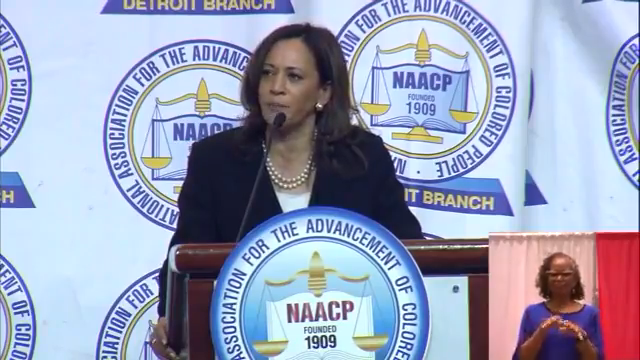Does the U.S. Government plan to censor Social Media? There isn’t really any definitive evidence of a specific, universally applied government plan by the U.S. to censor social media in the traditional sense. However, there are several related developments and discussions worth noting.
The U.S. Supreme Court has dealt with cases concerning how government officials interact with social media platforms. A recent decision allowed the White House and other federal agencies to continue communicating with social media platforms about content deemed as misinformation. This ruling was more about the government’s ability to suggest content removal rather than directly censoring, focusing on the nuances of government influence versus coercion.
See: https://www.supremecourt.gov/opinions/23pdf/23-411_3dq3.pdf
Recently there’s been a mix of concerns about potential censorship, with some social media users interpreting government regulations or proposed laws as steps towards censorship, especially where legislation might define what constitutes misinformation. However, these concerns and sentiments do not confirm a unified plan but rather highlight public and political discourse around the topic.
With election season in full swing there are those that think Harris would attempt to form policies that might directly employ the use of government censorship on the social media platforms.

There are those out on the interwebs that might refute the validity of this video because of it’s age, but Harris has reiterated the same points just as recently as Sept 2, 2024 in a discussion with Jake Tapper.
Current concerns are that Harris might use law enforcement to hold social media platforms accountable for what’s deemed as misinformation or disinformation. These concerns often stem from interpretations of her statements or policy directions about combating misinformation and protecting democracy, which some see as potential censorship or government overreach into social media content moderation.
If we were going to try to define disinformation or misinformation, we might as well start with the politicians that are currently running for office. Politicians (on both sides) in our country are the largest purveyors of misinformation there is so one might be somewhat skeptical of the government attempting to decide just exactly what disinformation or misinformation is.
Harris’s campaign has indeed highlighted the fight against misinformation as part of her platform, suggesting that there might be some form of action aimed at social media companies. However, the specifics of how this would translate into government restrictions aren’t detailed in policy outlines that are available to the public.
There’s a notable anxiety among some social media users and commentators about potential censorship or restrictive government policies that could be interpreted as limiting free speech, based on the idea that Harris would enforce strict content controls.
The balance between free speech and preventing harm through speech is delicate and often contentious. While there are genuine cases where speech has led to legal action and imprisonment due to its threatening or hateful nature, the debate continues on where to draw the line to ensure that freedom of expression is not unduly restricted. This reflects a broader global conversation about the limits of free speech in the digital age, where words can have immediate and widespread impact.
Throughout the course of these misinformation discussions, I always remind people that they are their own best fact checkers.
If people would actually take the time to sit down and discover the truth, they might be less likely to fall into running with the mob.
Politicians can pretty much say anything they want when they’re on the campaign trail (pandering for votes). It’s not until they’re actually elected into office that we can learn of their actual real-time plans. If those plans are too far out in left field (no pun intended) then we’ve got the Congress and the Supreme Court to help balance it all out.






